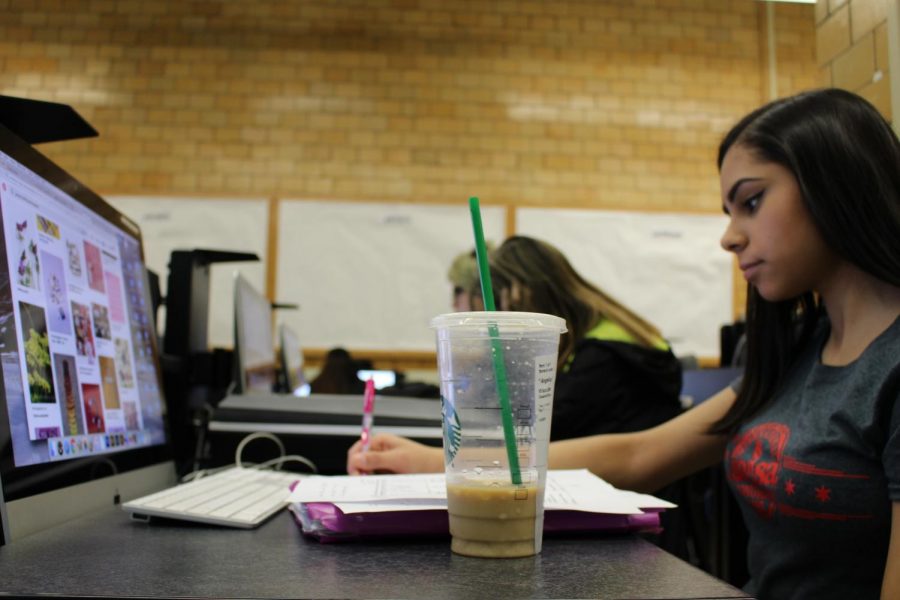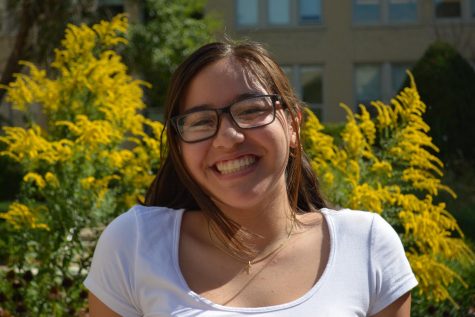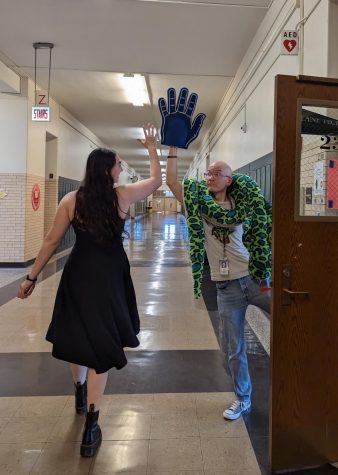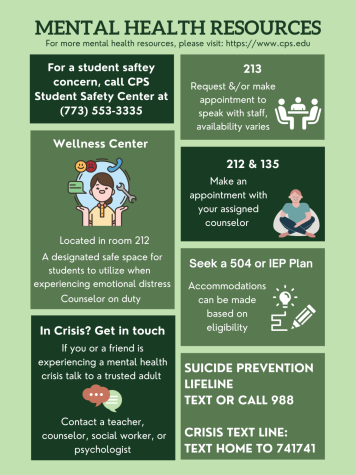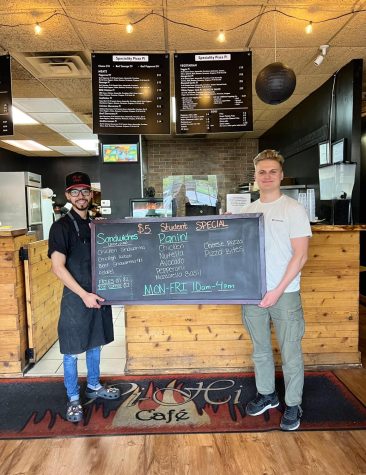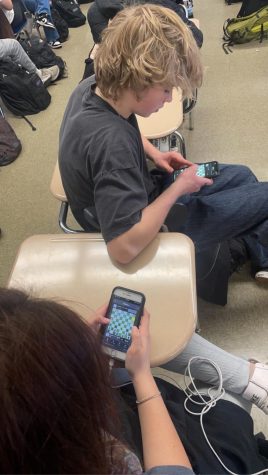Coffee addiction overcomes high price and health impact
Roughly 22 percent of survey respondents admit to drinking or purchasing a coffee once or twice a day.
February 20, 2019
It’s 7:55 and a majority of students have already settled in to their first period classes. However, despite it being just five minute to the start of the school day, Dunkin’ Donuts is packed, a line of students stretching to the door, each one craving the morning coffee that will give them the fix of energy needed to get through the day ahead.
According to the National Institute on Drug Abuse, coffee cannot officially be considered an addictive substance as the small increase in dopamine caused by caffeine is miniscule in comparison to that of a hard drug. However, this surge of alertness and energy that comes with coffee has caused many to develop a dependency upon the caffeinated drink.
Leila Stallone, Div. 057, can attest to this.
“I would say I drink coffee every single day because if I don’t, I get migraines or headaches, and I just won’t feel right,” Stallone said. “Often I will end up feeling more tired than I already am.”
A survey conducted by the National Coffee Association reported that the largest increase in daily coffee consumption occurred in the teen demographic (ages 13-18), jumping from 31 percent in 2016 to roughly 37 percent in 2017.
If this statistic is applied to Lane, there would be an estimated 1,200 students that may drink a coffee daily despite the cost.
The prices at which students can buy a coffee near Lane vary. Whereas a small iced coffee can go for just a dollar at PiHi, it costs $2.25 for the same drink at Starbucks.
These costs may seem low for a one time purchase, but if you were to buy a small iced coffee every day, as many of Lane’s students do, you would spend anywhere from 400 to 470 dollars in one school year on coffee alone, depending on where you buy it.
Another component in frequent coffee consumption that may sway a student’s decision to drink it may be the probable health impact that comes along with it.
School psychologist Dr. Gilson warns students that with high levels of caffeine intake can come difficult physical issues such as sleep deprivation, headaches and other physical impairments.
“Some people report really high anxiety when they have a lot of caffeine,” Gilson said. “You should only be getting about 100 mg a day, meaning you shouldn’t exceed that amount.”
However, staying under this limit could prove to be quite difficult for students.
If a student were to choose just a small iced coffee from Dunkin’, they would already be surpassing their daily limit as this small drink contains roughly 198 mg of caffeine, according to Caffeine Informer.
This large intake of caffeine will produce the desired effect: an increase in energy. However along with that it may incite jitters, anxiety and a potential loss in sleep.
So with high prices and increased anxiety to worry about, why do so many students continue to turn to coffee?
“It’s readily available,” Dr. Gilson said. “There’s a lot of sources of caffeine around the building. There’s Dunkin’ Donuts, there’s PiHi, and there’s McDonalds; it almost forms a perfect circle around the building.”
In addition to overall availability, the effects that come with the beverage also push students to consistently drink coffee.
Jamie Smith, Div. 071, feels that her coffee drinking habits have picked up since her schedule has become more crowded, with balancing sports and homework putting a strain on her ability to get everything done.
“I started drinking coffee a lot more in high school because of a heavier workload,” Smith said. “I found myself staying up later and drinking it more often to keep me awake for assignments.”
This general dependence on coffee does not seem to be going away anytime soon either.
According to a survey sent via student news email, 92.5 percent of respondents are aware of the health impact, and yet still drink coffee. After all, price and health impact are nothing in comparison to the boost of energy provided by a daily coffee.
“I would like to find an alternative or just not drink it altogether,” Smith said. “But I just don’t see myself giving it up anytime soon.”

